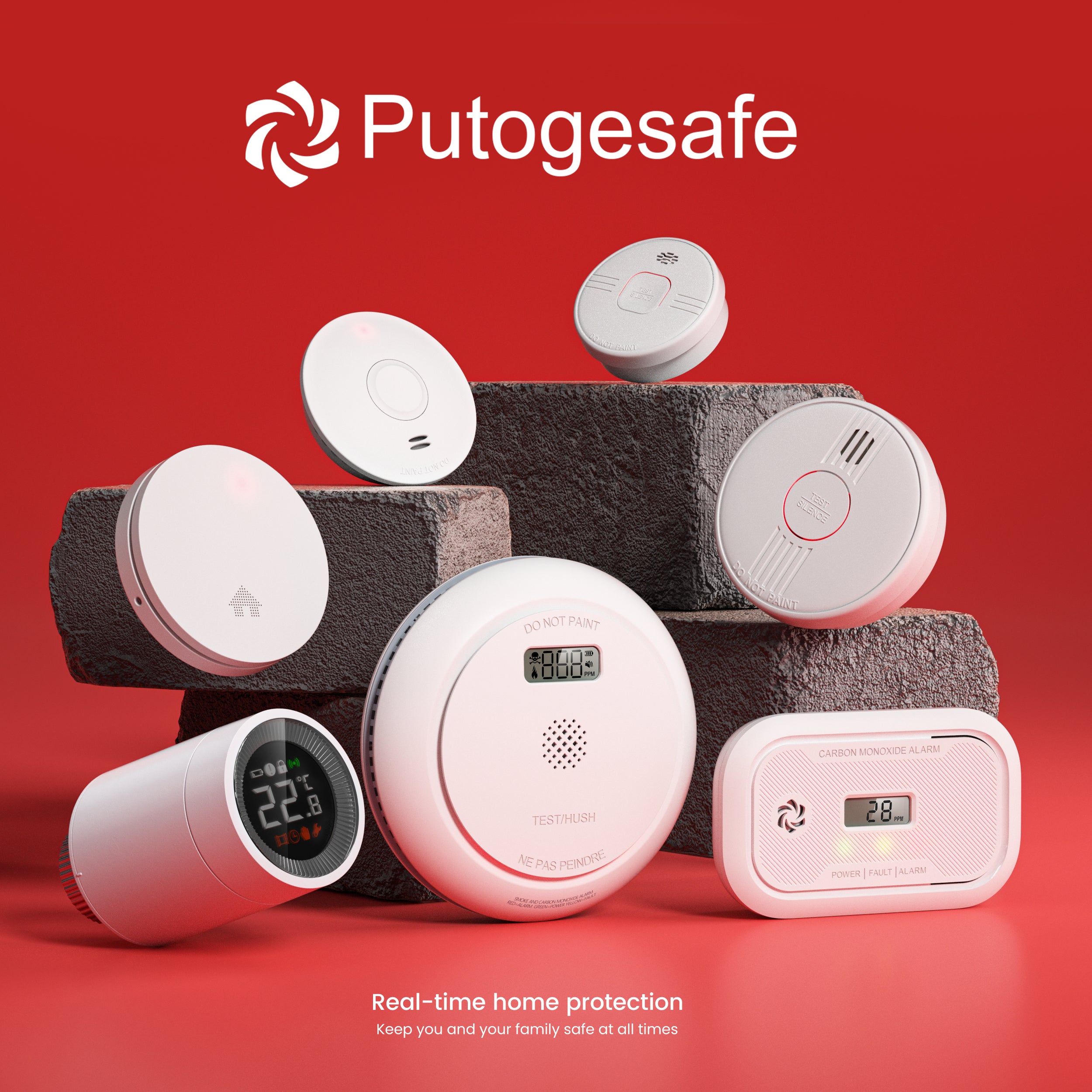The Importance of Regular Smoke Alarm Testing
Smoke alarms are an integral part of every home's fire safety system. These devices are designed to detect the presence of smoke and provide early warning in the event of a fire. However, simply installing smoke alarms is not enough. Regular testing is crucial to ensure that these life-saving devices are functioning optimally. In this blog post, we will emphasize the importance of regularly testing your smoke alarms and provide a step-by-step guide to conducting proper tests.
The Role of Smoke Alarms in Fire Safety:
Smoke alarms act as vigilant sentinels, constantly monitoring the air for the presence of smoke, which is an early indication of a fire.
Their loud and piercing alarm sound provides a crucial time for occupants to evacuate and seek safety.
Properly functioning smoke alarms are vital in minimizing injuries, saving lives, and reducing property damage.
Why Regular Testing is Essential:
Over time, dust, dirt, and other contaminants can accumulate on smoke alarm sensors, potentially affecting their performance.
Regular testing ensures that the alarms are operational and can detect smoke effectively.
It offers peace of mind, knowing that your smoke alarms will respond promptly when needed.
How to Test Your Smoke Alarms:
Test your smoke alarms at least once a month to ensure their continued reliability.
Regularly replace the batteries in battery-operated smoke alarms or consider using long-life lithium batteries.
If your smoke alarms are hardwired or interconnected, consult the manufacturer's guidelines for proper testing procedures.
Vacuum the smoke alarm vents periodically to remove dust and debris.
Replace smoke alarms that are over ten years old or as recommended by the manufacturer.
Educating Your Family:
Involve all family members in the testing process, especially children, to familiarize them with the sound and importance of smoke alarms.
Teach everyone the appropriate actions to take when a smoke alarm activates, including evacuating safely and calling emergency services.
Regularly testing your smoke alarms is an essential responsibility that should never be overlooked. By dedicating a few moments each month to testing these life-saving devices, you ensure their reliability and enhance the fire safety of your home. The loud alarm sound during testing serves as a reminder of their critical role in protecting lives and property. By involving your family and educating them about fire safety, you create a proactive approach to fire prevention and emergency preparedness.
The Role of Smoke Alarms in Fire Safety:
Smoke alarms act as vigilant sentinels, constantly monitoring the air for the presence of smoke, which is an early indication of a fire.
Their loud and piercing alarm sound provides a crucial time for occupants to evacuate and seek safety.
Properly functioning smoke alarms are vital in minimizing injuries, saving lives, and reducing property damage.
Why Regular Testing is Essential:
Over time, dust, dirt, and other contaminants can accumulate on smoke alarm sensors, potentially affecting their performance.
Regular testing ensures that the alarms are operational and can detect smoke effectively.
It offers peace of mind, knowing that your smoke alarms will respond promptly when needed.
How to Test Your Smoke Alarms:
- Step 1: Inform everyone in the household about the upcoming test to avoid unnecessary panic.
- Step 2: Locate the test button on each smoke alarm. It is usually marked with a "Test" or "T" label.
- Step 3: Stand a safe distance away from the alarm and press the test button firmly.
- Step 4: Listen for the loud alarm sound, confirming that the smoke alarm is functioning correctly.
- Step 5: Repeat the process for all smoke alarms in your home, including those on each level and inside or near bedrooms.
Test your smoke alarms at least once a month to ensure their continued reliability.
Regularly replace the batteries in battery-operated smoke alarms or consider using long-life lithium batteries.
If your smoke alarms are hardwired or interconnected, consult the manufacturer's guidelines for proper testing procedures.
Vacuum the smoke alarm vents periodically to remove dust and debris.
Replace smoke alarms that are over ten years old or as recommended by the manufacturer.
Educating Your Family:
Involve all family members in the testing process, especially children, to familiarize them with the sound and importance of smoke alarms.
Teach everyone the appropriate actions to take when a smoke alarm activates, including evacuating safely and calling emergency services.
Regularly testing your smoke alarms is an essential responsibility that should never be overlooked. By dedicating a few moments each month to testing these life-saving devices, you ensure their reliability and enhance the fire safety of your home. The loud alarm sound during testing serves as a reminder of their critical role in protecting lives and property. By involving your family and educating them about fire safety, you create a proactive approach to fire prevention and emergency preparedness.
From Putogesafe Official
